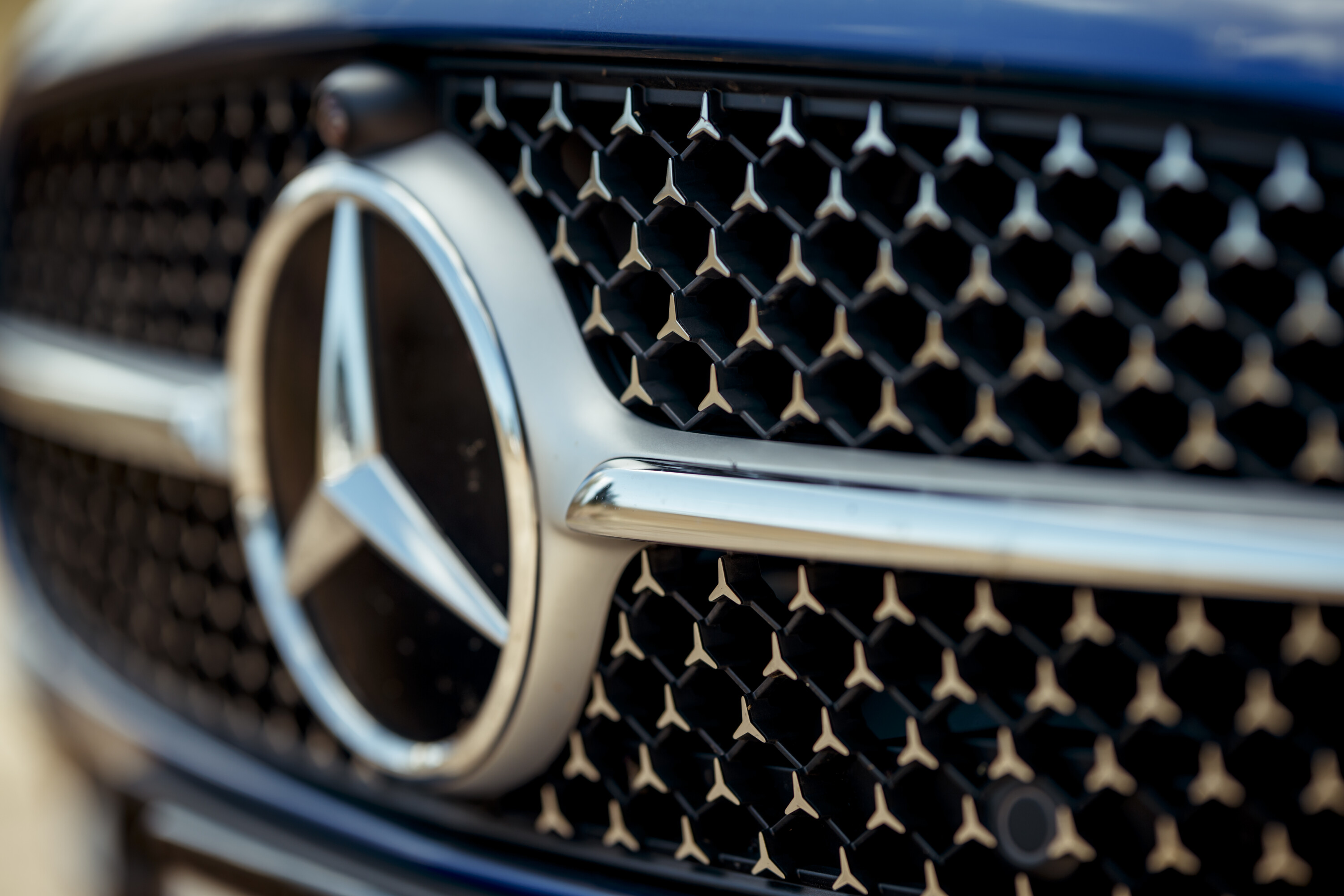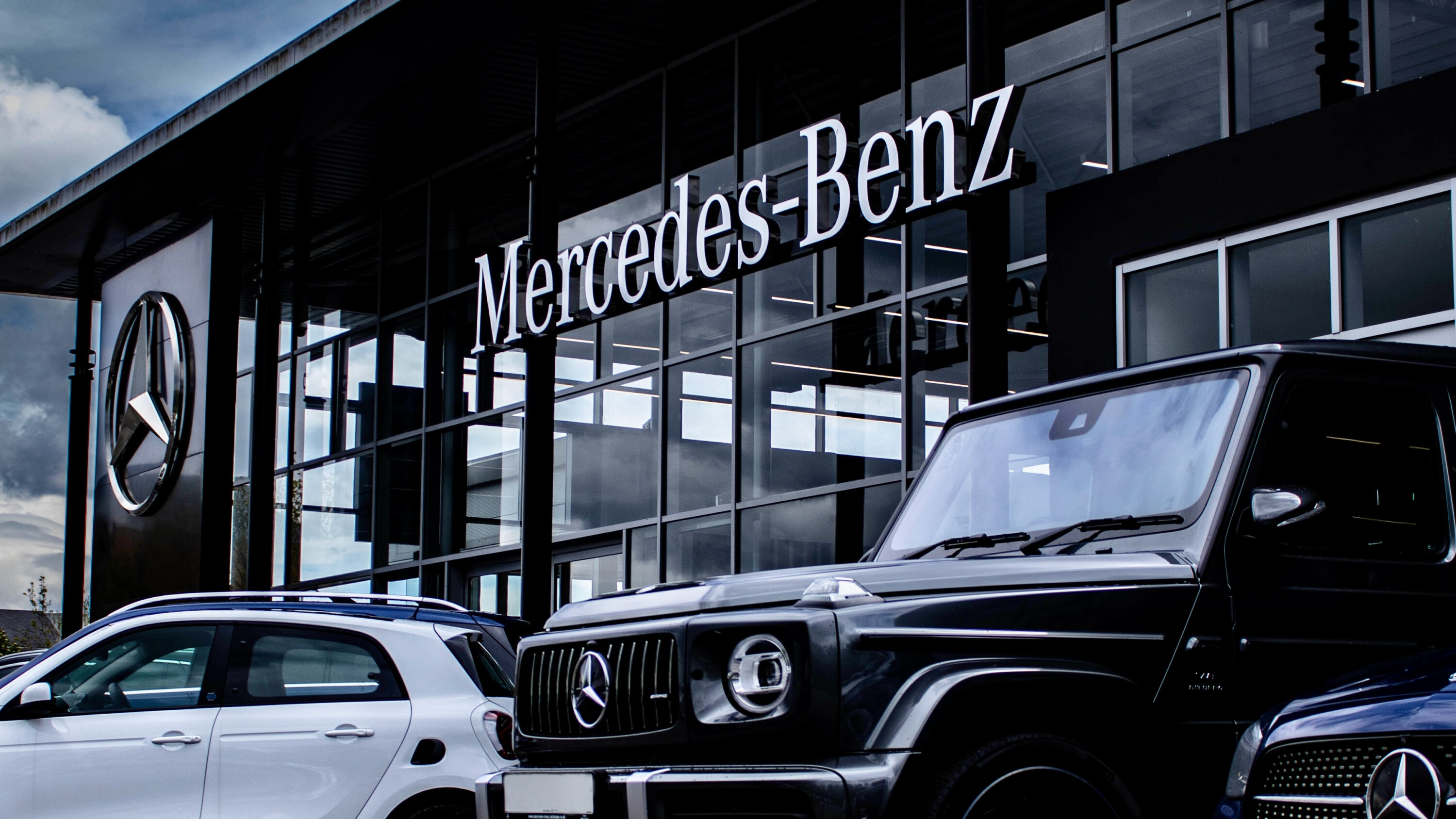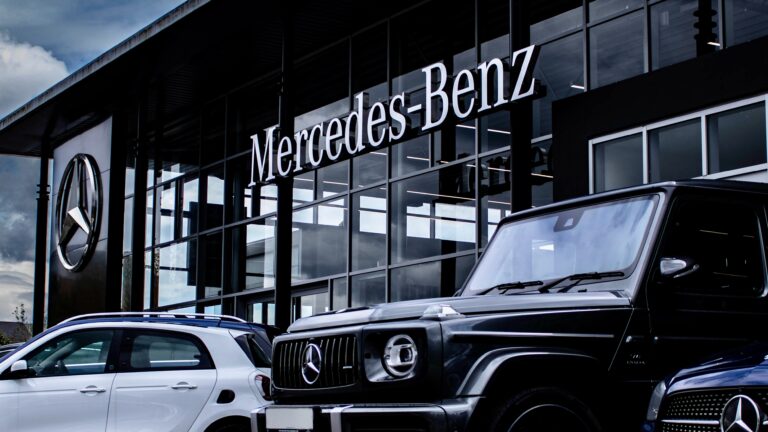
Australia’s Federal Court has ruled in favour of Mercedes-Benz in a landmark trial concerning the rollout of its controversial agency sales model.
In a swift and decisive verdict, Justice Jonathan Beach ruled today that “I have found against those four applicants [the Mercedes-Benz dealers] and their claims are to be dismissed.”
A total of 38 dealers took the German company to court last year seeking a combined $650 million in compensation saying they were forced to sign new agreements under duress when their old ones were terminated.
The case is particularly significant as it could influence the Federal Government to make further changes to the Franchising Code of Conduct, a fact Justice Beach acknowledged in his judgement today.
“Given the facts of this case leading to an adverse result for the applicants [the Mercedes dealers],” Justice Beach said, “it may be that further consideration needs to be given to the terms of the Franchising Code and a possible modification. But that is a matter for another day and obviously in another forum.”

Today’s ruling could also influence a broader change in how Australians buy their cars, with the fixed-price, direct-to-consumer model already gaining traction in favour of the traditional process of haggling with your local dealer.
In January 2022 Mercedes began using the agency model in Australia. Under an agency model, which can vary between brands and markets, typically the carmaker owns the vehicle stock instead of selling to a dealership – which then of course on-sells to the consumer.
The second major component is a standardised national price on each and every model in a company’s line-up, bringing an end to ‘haggling’ and negotiation on how much someone wants to pay.
Honda made the switch to an agency model in Australia in July 2021, while other brands such as Tesla and Polestar also used a fixed-price model to sell their vehicles and largely forgo brick and mortar dealerships.
The Mercedes-Benz trial, which kicked off in August 2022 and lasted several weeks, centred around three key issues: the timing of the negotiations, who issued the orders for the agency model – Mercedes-Benz Australia or its parent company Daimler AG – and the very meaning of goodwill.
A condensed summary of the trial’s verdict is now publicly available and contains the first 266 paragraphs of Justice Beach’s reasoning. The complete judgement, which is about 657 pages long and contains 3752 paragraphs will be sent to a limited number of key parties.
In handing down his judgement, Justice Beach noted, “In my view the applicants [the Mercedes dealers] ran a powerful and very thorough, forensic case. Mr Castle for the applicants presented a very skilled case on their behalf and all that could be said or should have been said on their behalf was said. It will be apparent from the reasons that I’m publishing that the applicants were successful on many issues of fact but lost on the law, essentially.”
Mercedes-Benz is Australia’s top-selling luxury brand, yet sales have been steadily dropping over the last five years as the German giant adjusts its local sales strategy. In 2017, Mercedes-Benz Cars (the Vans division has yet to be moved over to the agency model) sold 37,068 vehicles with sales up 3.1 per cent, by 2020 that number had fallen to 29,455 and down 7.9 per cent, while last year – the first full year of the model being in effect – it sold 26,801 cars and was down 5.5 per cent.
Mercedes has been moving way from ‘volume’ cars, instead focusing on higher equipment levels, even for base cars, in concert with price rises. Industry-wide sales figures have also been affected by Covid-related production and supply issues.
In response to today’s verdict, Mercedes-Benz made the following statement: “We welcome the court’s decision. Our focus continues to be on delivering luxury, high performance cars for our valued customers around Australia.”
We recommend
-
 News
NewsMercedes-Benz Australia outlines court defence over agency model changes
Mercedes-Benz is set to introduce a direct-to-consumer model, but 80 per cent of its dealership network oppose the move
-
 News
NewsAgency model 'biggest threat to the automotive dealership industry', conference hears
The Agency model is being touted as one of the biggest threats to Australia's automotive dealership industry according to one law firm
-
 News
NewsManufacturers could be hit with $10 million fines for breaching Franchising Code
As the debate continues over the way new cars are sold, corporations can now face hefty fines if they are found to have breached their obligations



